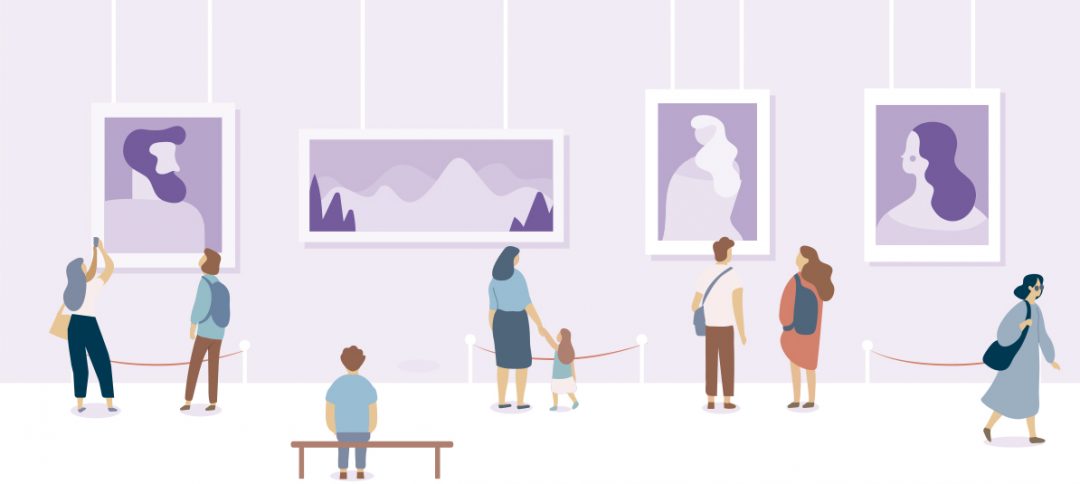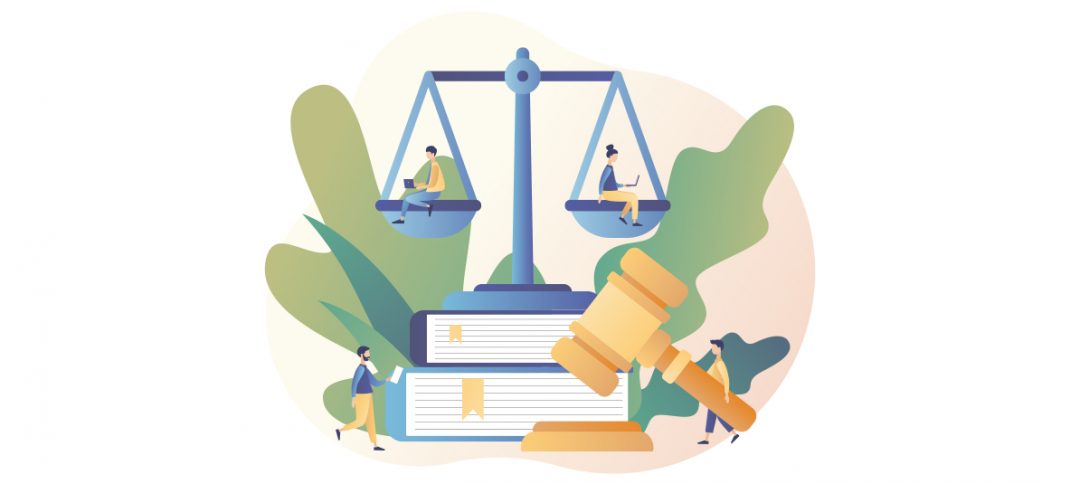In 2017, Richard H. Thaler, Nobel Laureate in Economics, warned about the need for Economic Science to incorporate the emotional factor into its theories. Thaler demonstrated that our values, desires, fears, prejudices and even our state of mind condition our actions and our economic decisions. And what has the last year been but a great roller coaster of emotions as a result of the pandemic? How have the last 365 days impacted on the profile of insurance companies’ clients?
Goodbye planning
UNESPA (the employers’ association of companies in the insurance sector) conducted a survey of clients throughout Spain to find out what their main demands were after this year.
To begin with, one of the main conclusions of the study is that our attitude to planning has been altered by the pandemic. Sudden changes, mobility restrictions, curfews, etc. have forced us to live from day to day, without many opportunities to make plans. On the other hand, we have rediscovered the family and, in addition, the home has become the new workplace, meeting place, social hub, etc. All this translates directly to how we approach and what we ask for from insurance.
Freedom to change
Flexibility In a world where uncertainty is now the norm, it is necessary to create products that adapt to the changes experienced by consumers, such as: the elimination or inclusion of new coverage, changes in policies, or the possibility of switching from one insurance to another with ease.
Freedom: the impact of the coronavirus has left many people feeling out of control. Many aspects of our freedom have been affected, so the reinvention of insurance policies with the “all-inclusive” format is the next step that consumers are waiting for.
Beyond the tangible
Intangibles: protecting life, health and savings is now one of the main driving forces pushing people to purchase new insurance. On the other hand, society’s conception of tangible elements (such as the home) has changed, and now people are not only seeking to protect these elements but also the use made of them.
Collective: you no longer just think about insuring yourself. Protection is conceived as a whole: family, environment… the individualistic perception of insurance has disappeared.









